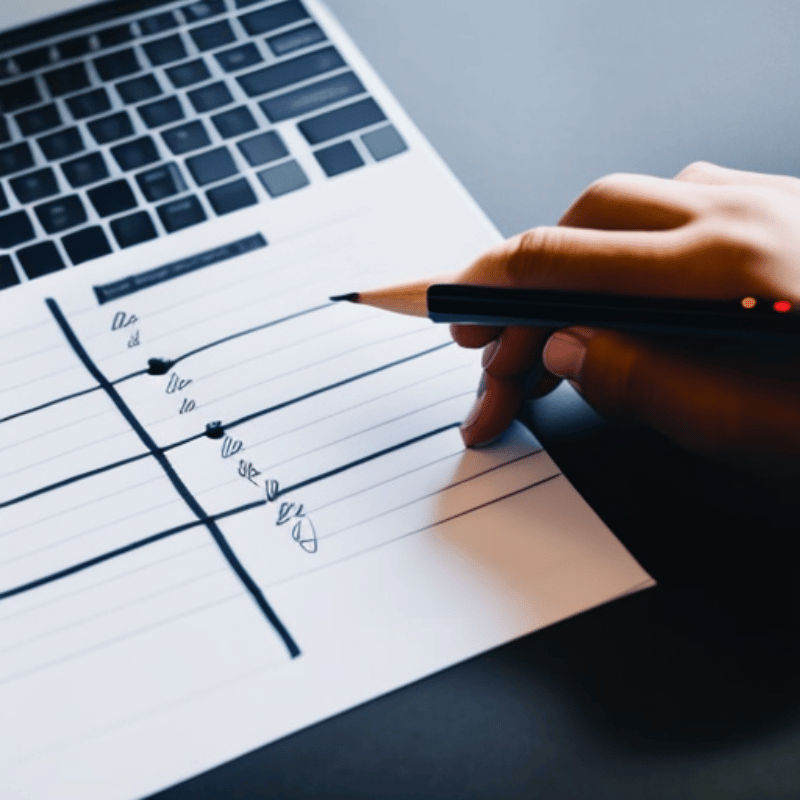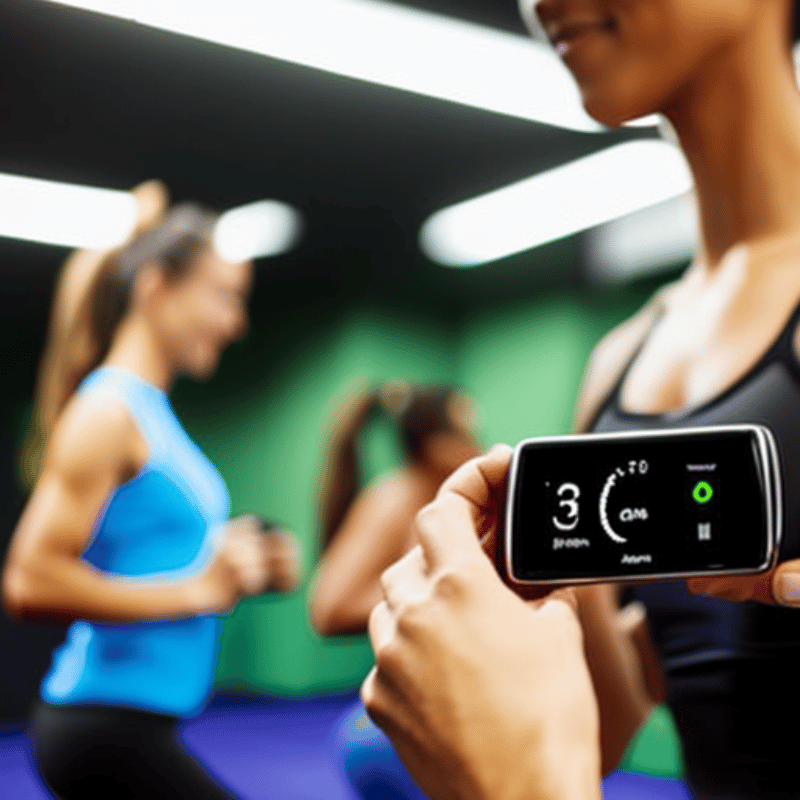Fitness journeys are unique to each individual, but one aspect that is common to all is the importance of measuring and tracking progress. Whether you are trying to build muscle, lose weight, or simply maintain a healthy lifestyle, measuring and tracking progress can help you stay motivated and on track. In this article, we will discuss the different methods for measuring and tracking progress in your fitness journey and why it is crucial to your success.
Measuring Progress One of the most important aspects of fitness is measuring progress. This helps you determine what is working and what is not, and it also provides a sense of accomplishment and motivation. There are several ways to measure progress in your fitness journey, including:
Body Composition Measurements: Body composition measurements help you track changes in your body’s fat and muscle mass. This can be done with a body fat caliper, a body composition scale, or a DEXA scan.
Strength Testing: Strength testing is a great way to track progress in your fitness journey. You can track your progress by measuring the amount of weight you can lift, the number of reps you can perform, or the amount of time you can hold a certain weight.
Endurance Testing: Endurance testing measures your ability to perform physical activity over an extended period of time. This can be done with a cardio machine or by measuring the time it takes you to run a certain distance.
Flexibility Testing: Flexibility testing measures your ability to move your joints through their full range of motion. This can be done with a sit and reach test or by measuring the distance you can touch your toes.
Tracking Progress In addition to measuring progress, it is also important to track your progress. This helps you see the big picture and track your progress over time. There are several ways to track progress in your fitness journey, including:
Keeping a Fitness Journal: Keeping a fitness journal is a great way to track your progress. You can write down your workouts, what you ate, how you feel, and any other important information.
Using Fitness Tracking Apps: Fitness tracking apps allow you to track your progress by logging your workouts, tracking your calories, and monitoring your heart rate.
Taking Progress Photos: Taking progress photos is a great way to see the changes in your body over time. You can take photos every few weeks or months to see the progress you have made.
Working with a Personal Trainer: Working with a personal trainer is a great way to track your progress. Personal trainers can help you set goals, measure your progress, and provide feedback and encouragement along the way.
Setting Realistic Goals Setting realistic goals is an important aspect of your fitness journey. Goals provide direction and motivation, and they also help you track progress. When setting goals, it is important to:
- Determine what you want to achieve
- Set achievable and realistic goals
- Break down your goals into smaller, more manageable steps
- Set a deadline for achieving your goals
Celebrating Progress Celebrating progress is an important aspect of your fitness journey. Celebrating progress helps you stay motivated, and it also provides a sense of accomplishment. Some ways to celebrate progress include:
- Treating yourself to something special
- Celebrating with friends and family
- Reflecting on your progress and what you have accomplished
Staying Committed Staying committed is an important aspect of your fitness journey. Staying committed helps you stay on track and reach your goals. Some ways to stay committed include:
- Surrounding yourself with supportive people
- Keeping a positive attitude
- Celebrating your successes
- Staying motivated by setting











